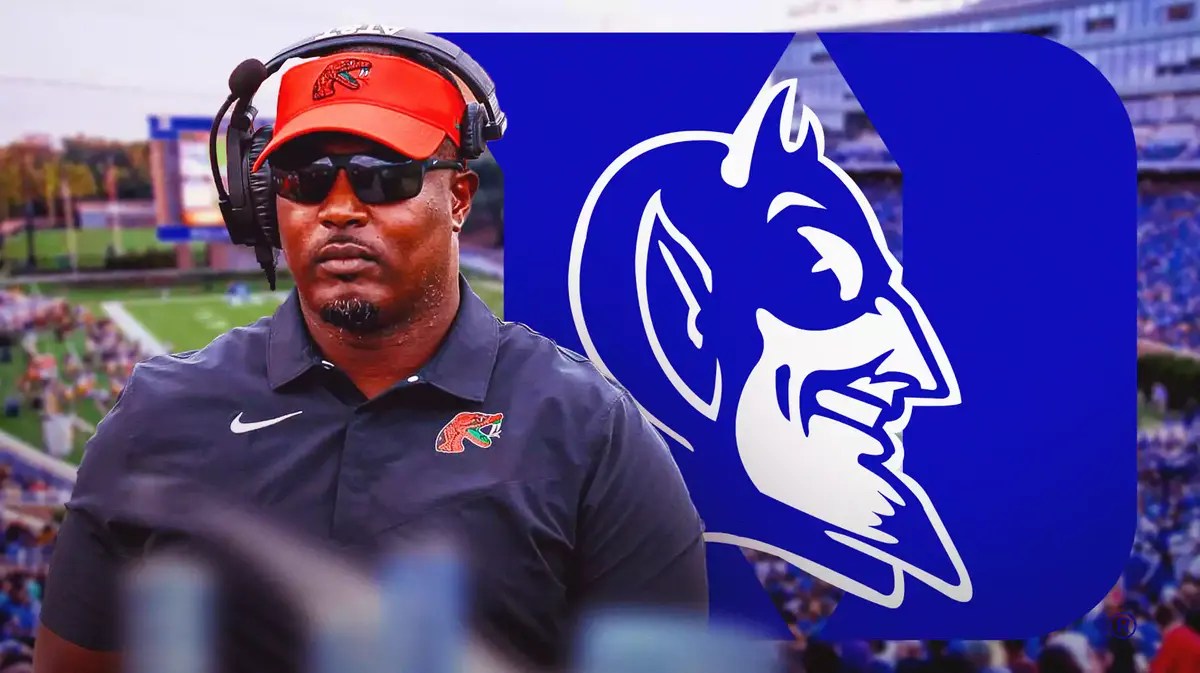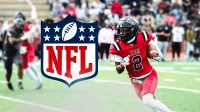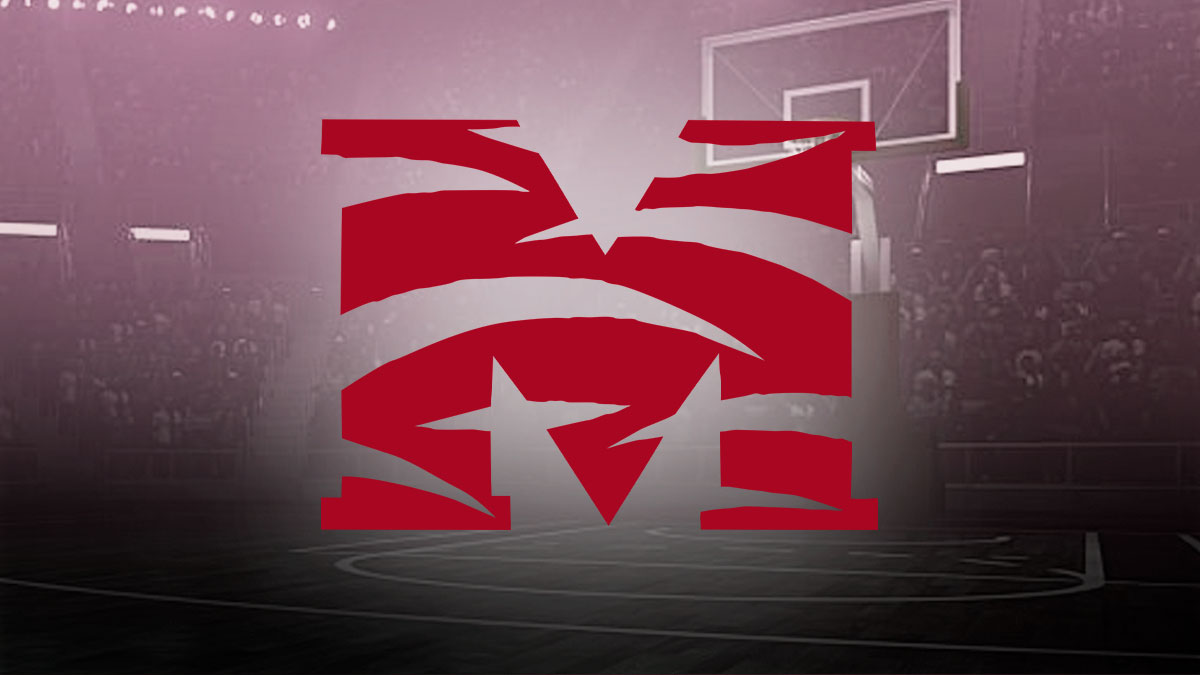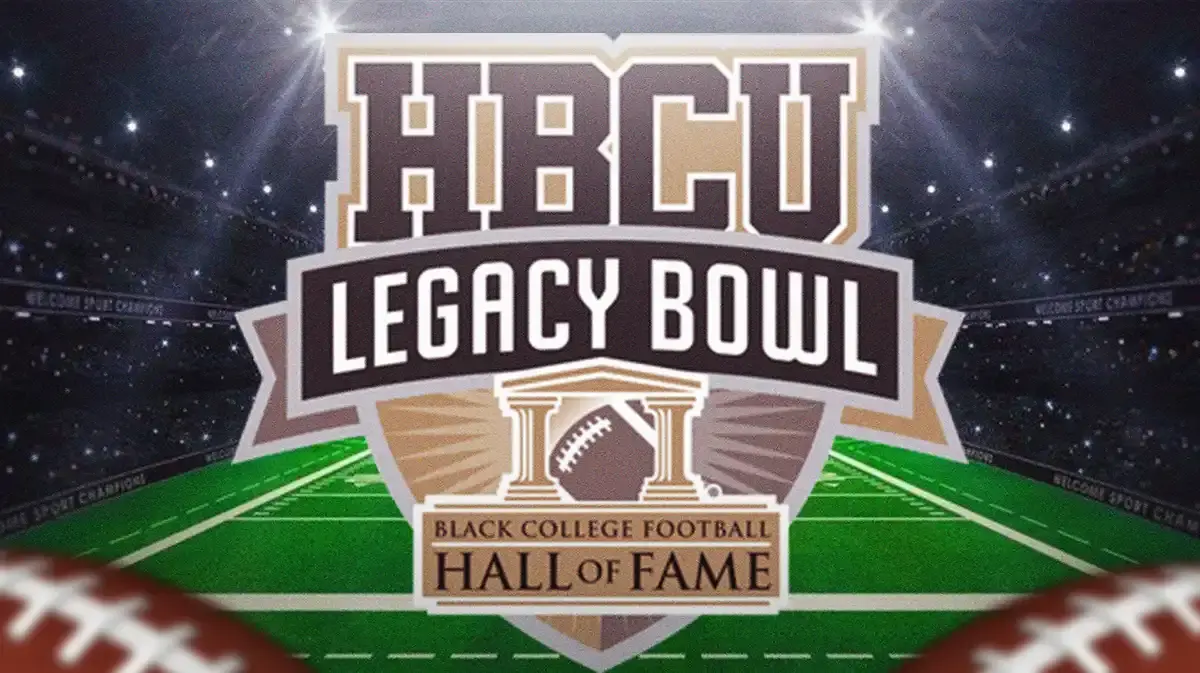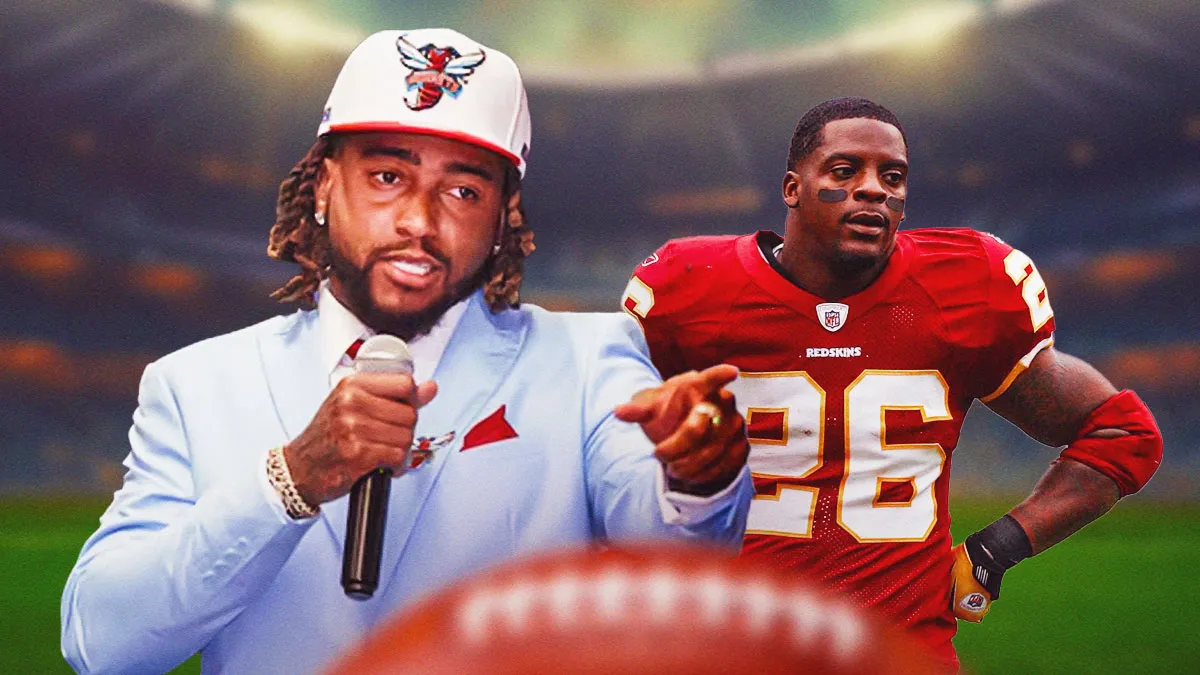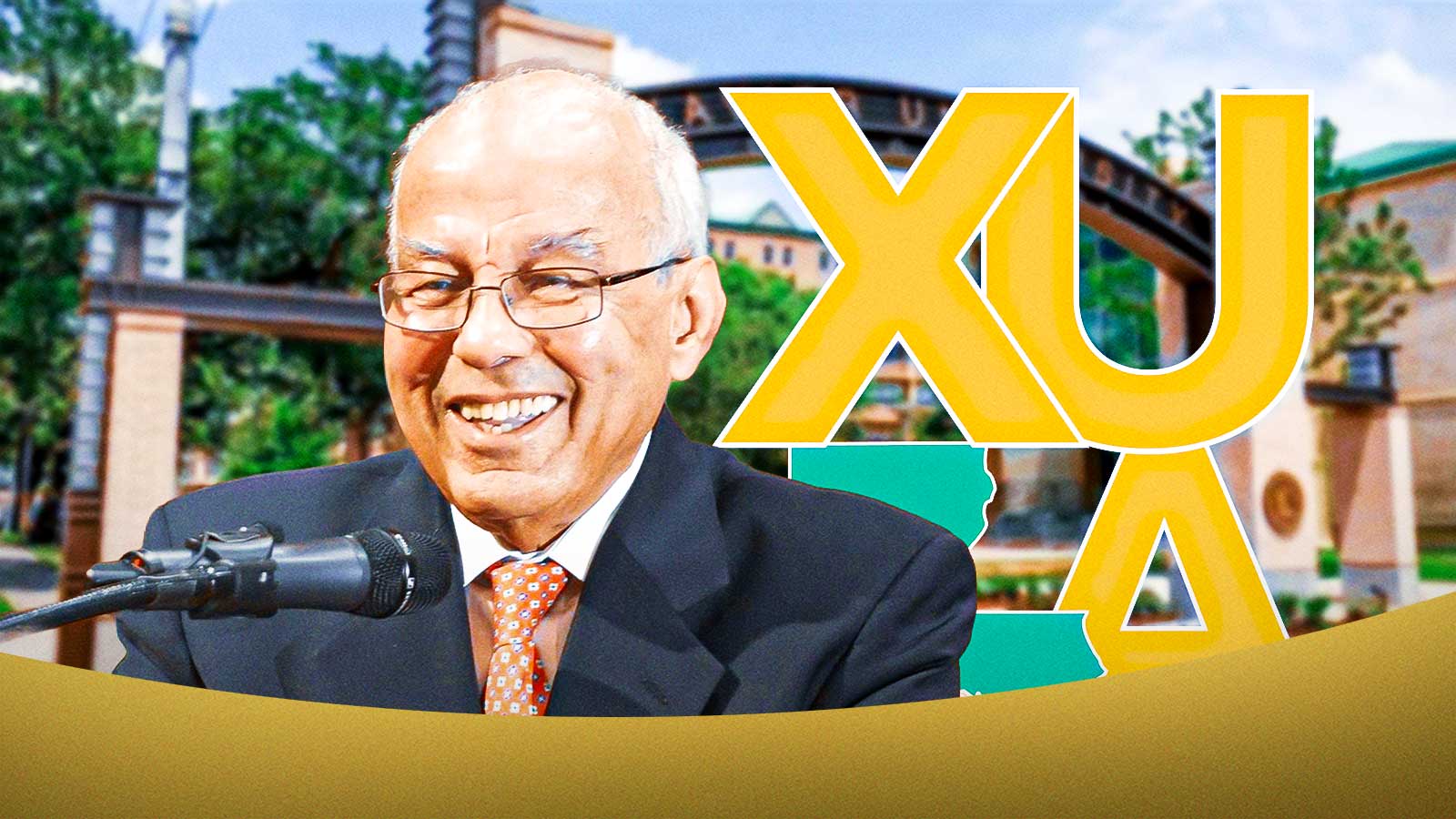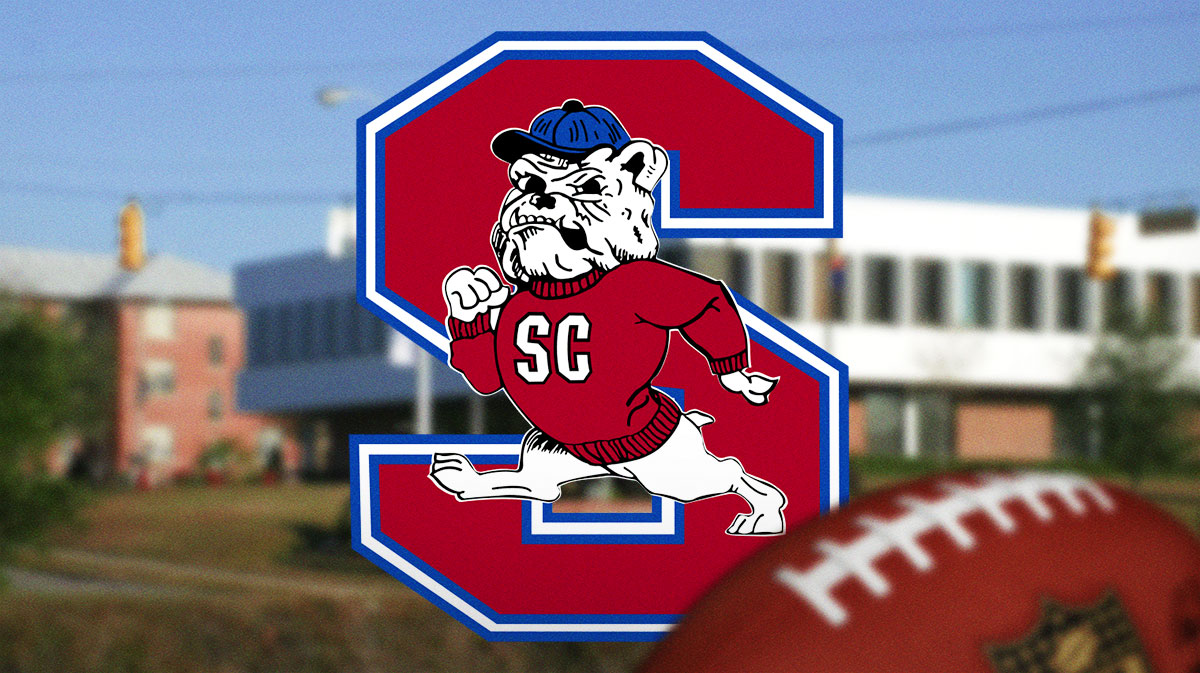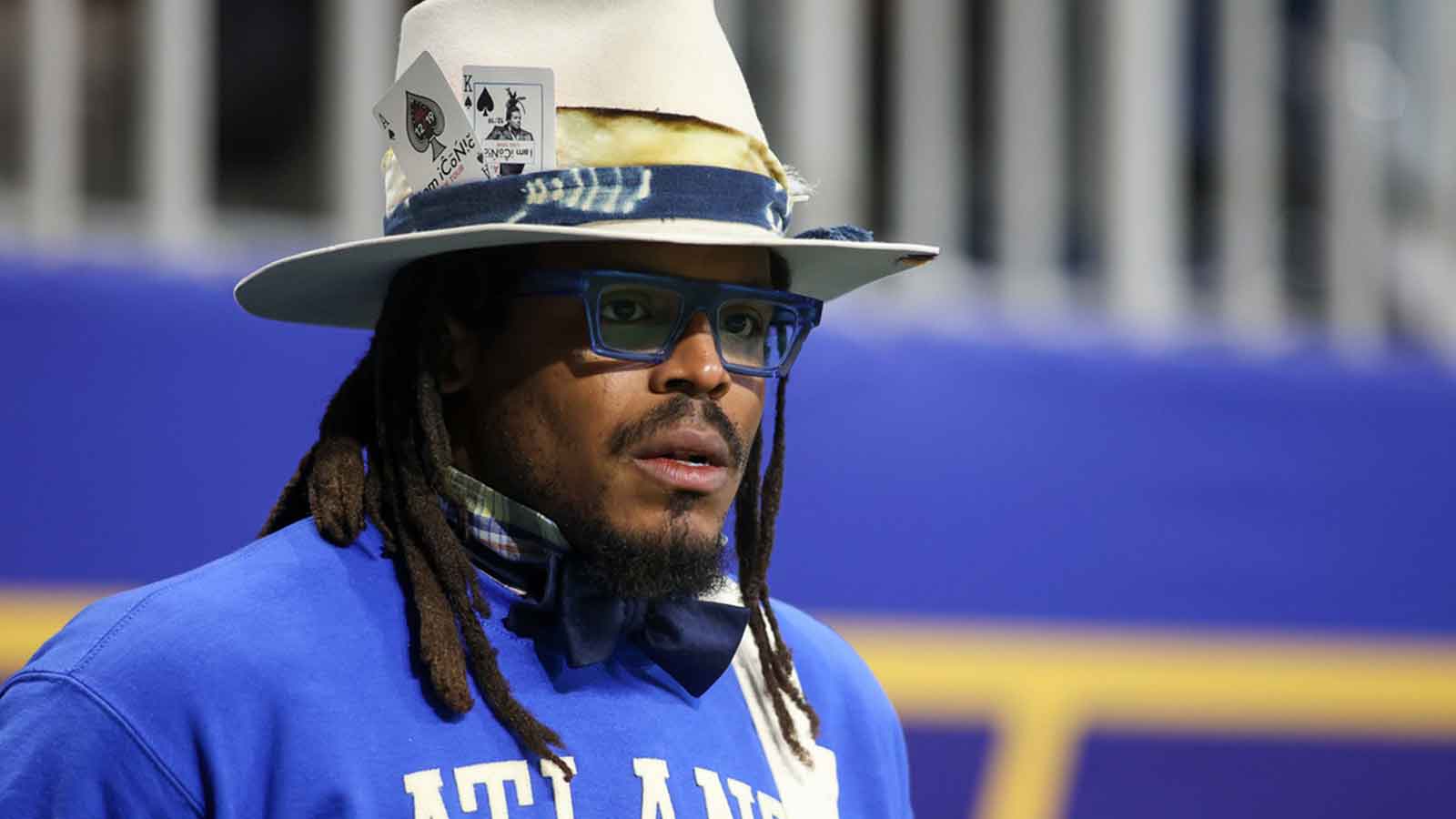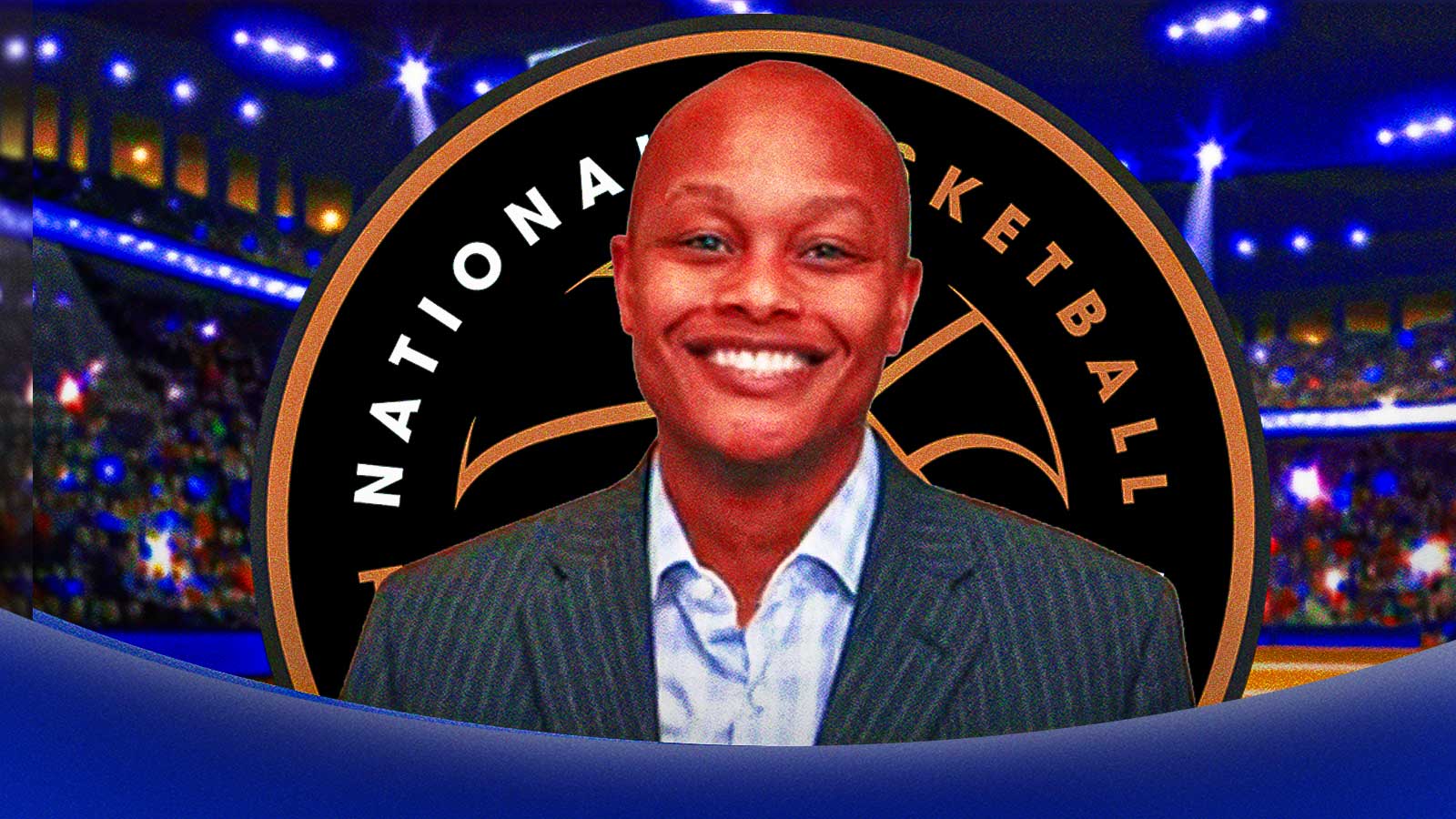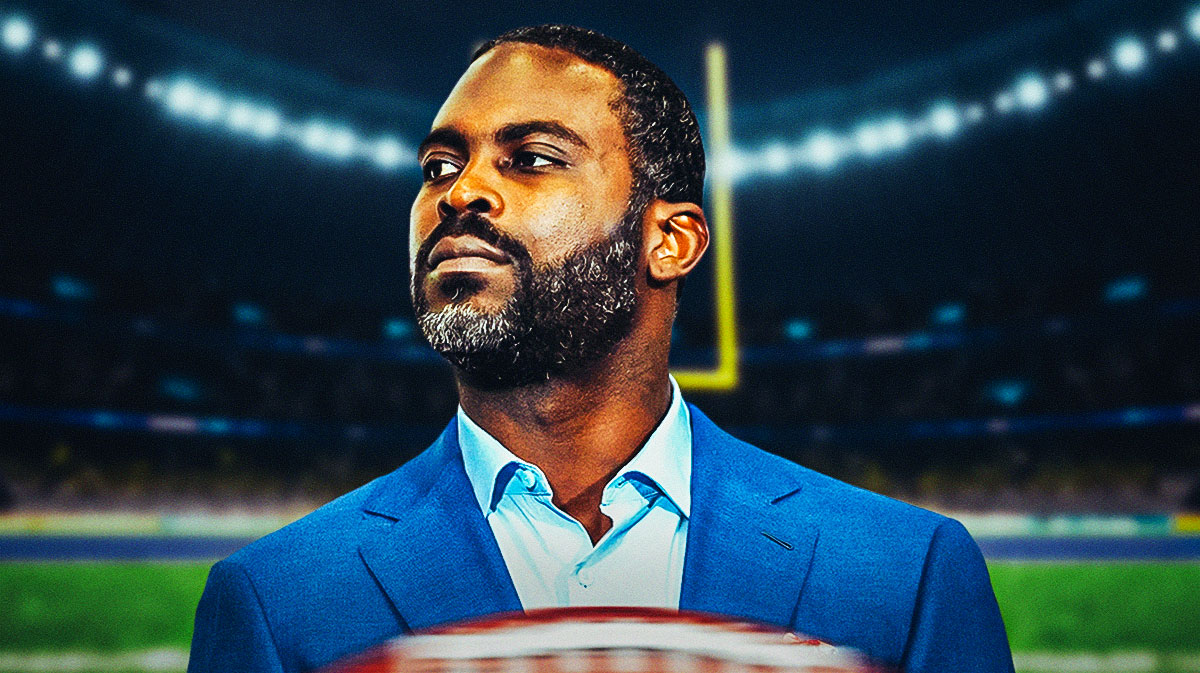Willie Simmons shocked the HBCU world when he departed Florida A&M to become running back coach at Duke University. Although Florida A&M fans as well as HBCU football fans in general are confounded by the move, Simmons has been met with almost unanimous love and support for his future.
However, the support for the departing coach of the Rattlers has left a segment of the HBCU community perplexed. They are attempting to draw a parallel between Simmons' departure and Deion Sanders' exit from Jackson State, intertwining the two discussions. A small contingent of the community points to Simmons's departure as a broader problem within HBCU programs to retain talent, as superstar coaching minds leave to go to predominately white institutions to continue to further advance their career.
The conversation is more nuanced than many are declining to accept. It's challenging to look at Simmons's exit from the Rattlers as a good or bad, right or wrong scenario. It's just something that happened that Rattler faithful, HBCU football fans, and the broader black college community are tasked to accept. The HBCU community has to also accept the complexity of the situation.
Simmons took the helm of a storied program and rebuilt it to an HBCU and FCS power. In his six years in Tallahassee, he never had a losing season. His worst record in that time span 6-5 in his first season in 2018.
FAMU, after the pandemic, made its move to the SWAC. Coach Simmons won every game in the SWAC, but two. In both of the games that he lost was to Jackson State and Deion Sanders. He and his staff developed NFL-caliber talents such as Markquese Bell, Xavier Smith, and Isaiah Land.
So Willie Simmons deserves everything he's getting. He deserves a pay raise. He deserves to be a Power Five coach. He deserves to be a Power Five head coach. He deserves to be considered when it's all said and done as one of the best coaches in HBCU history.
This doesn't mean that it isn't disheartening that he's leaving and that it's wrong to have mixed feelings. Often times, I still wish that HBCUs were seen as the prize. I wish that our institutions were viewed as the first option and the final destination. I wish that success in leading an HBCU sports program was widely regarded as a crowing achievement in a storied career.
But I also understand the landscape. This isn't the 1990s anymore. While the availability of FBS coaching positions may not be abundant, it is still greater than in previous years. The goal in any field is to elevate and grow within your sector. There's nothing wrong with looking to achieve that goal.
But at the same time, I just sorta wish that we as a people, as HBCU folks and folks that are not from the HBCU community but decide to work at the institutions see the value in the programs. My hope is that we see the pride, the history, the pageantry, and we decide,
“This is my final stop. This is where I want to be.”
But I think that there are systems in place that are the reason why we don't normally see that. Oftentimes, we don't have the money to keep our talented coaching minds or just sometimes we're reluctant to pay the money to keep our talented coaching minds
But we also have to look at the personal motivations of the folks in these positions. Sometimes folks just want to leave even at what we consider “regular jobs”. You don't stay forever. That's one thing that I learned running HBCU Pulse and leading a competitive new-age media business. No matter how much you like a person or how well they do their job, they have their own goals.
Your goals for your business, your company, your organization, and your program are not the long-term goals of everyone else. You might want to stay there. You might want to build your business. You might want to build your program up, but sometimes folks have their own motivations, passions, and journeys that they want to complete before their time in their respective profession concludes.
So Coach Simmons leaving FAMU isn't because Duke is demonstrably a better job. It just made sense for him in his journey. But we have to be honest about our expectations of these coaches in their tenure. Even for our most talented coaching minds, we grade them on a year-by-year basis. We're up during the wins but down during the losses and ready to shake things up after the lulls that are bound to happen in the journey to building a consistent winner.
The way you build a sports program into a regional or national power is systemically and incrementally. You celebrate the successes, learn from the failures, and stay committed to that incremental change if it appears as if things are going in the right direction. But, some fans look at the respective journeys of the programs that they support and want to rush the process.
They say, “We want wins. If you can't provide us wins, you got to go.”
That puts a lot of undue pressure on these coaches and a lot of these fans. I don't think a Jake Gaither or Eddie Robinson coach can exist in this current college sports ecosystem. Because the moment the program hits a lull, we call for the splash hire.
“Can we find the next Deion Sanders? Is Ed Reed still looking for a job? What Pro Football Hall of Famer should we put on our coaching wish list next?”
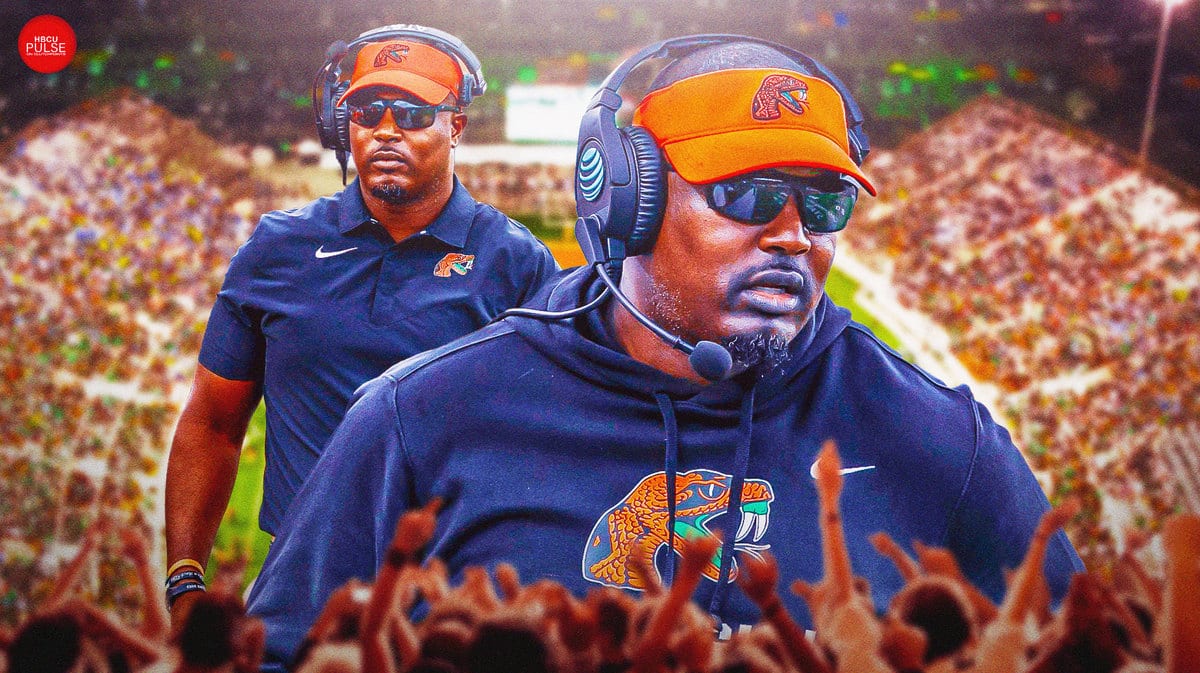
Is Willie Simmons's departure similar to Deion Sanders?
This point brings about a broader conversation about if there are any similarities between the departure of Deion Sanders from Jackson State and Willie Simmons from Florida A&M. A question that many have asked is, “Are you gonna be mad at Willie the way you were mad at Deion?”
No, we aren't. HBCU fans who were critical of Sanders's exit aren't hypocrites for wishing Simmons the best in his new endeavor. The situations share slight similarities but are different within the scope. Deion Sanders entered Jackson State with an ambitious goal: to change the landscape of HBCU football.
His message centered around ushering in a golden era for the sport. He aimed to show talented black athletes that they could play for HBCUs and make it to the league. You don't have to go to Duke. You don't have to go to Colorado. You don't have to go to Alabama and Georgia and Florida State and all these different places. You can go to HBCUs like the legends before and make it.
Sanders said it was a purpose, a higher calling for why he came to Jackson State. Then he left without truly, completing the mission. He didn't win the Celebration Bowl like Simmons did. The SWAC championship wasn't the ceiling. Making two Celebration Bowls and not winning wasn't the ceiling. The mountaintop was always winning the Celebration Bowl. That was the zenith of the experience.
Another indicator of success was the long-term success and sustainability of Jackson State's football program. The improvements to the fortunes of the program are clearly seen. But, there was more to do that couldn't possibly be achieved in two years. But, just like Simmons, he had every right to leave. But, as is often said, the way he left was the problem. And it has nearly irreparably affected the reputation of Jackson State.
The rumors that festered following the departure hurt the program. Sanders allowed the misinformed and flat-out false talking points that still exist about his tenure to fester. That is the reason why folks were mad at Sanders. It wasn't the departure, it was how it played out and the ripple effects of it all.
The Willie Simmons departure was vastly different. He handled his business. Full stop. Florida A&M won the Celebration Bowl. He restored the winning culture of the program and seemed poised to run it back with an improved roster before the Duke offer started to become more serious. He was honest about where he was in the talks and left with a level of grace and thankfulness that largely wasn't seen in the weeks following Deion Sanders's exit from Jackson State to Colorado.
That's the difference. So to act as if there isn't a difference in those situations is disingenuous. We have to embrace the complexities of the situation. We can't operate in extremes in our thoughts on Simmon's exit. Coach Simmons is not spurning HBCU life to go to a Power Five program. He sees it as the logical next step in his career. And that's ok.
However, I hope for a shift in perspective where we come to recognize HBCUs as the ultimate goal and destination, not a stop on the journey. I don't condemn anyone for not seeing it this way, as I understand that circumstances can sometimes hinder us. Additionally, individuals have to travel their own paths.
But, it's ok to have mixed feelings and also wish Willie Simmons the best in his next endeavor.

